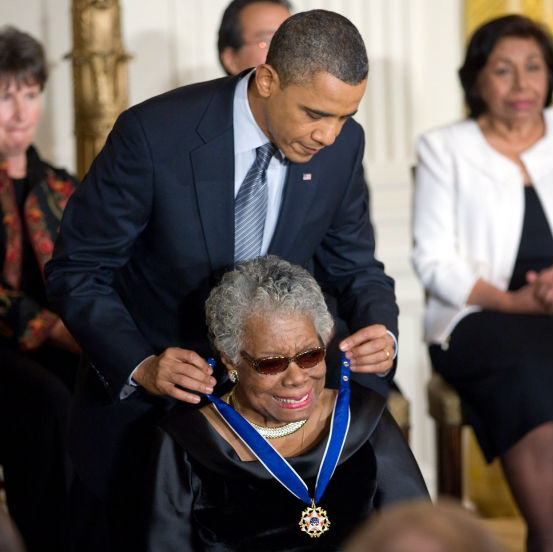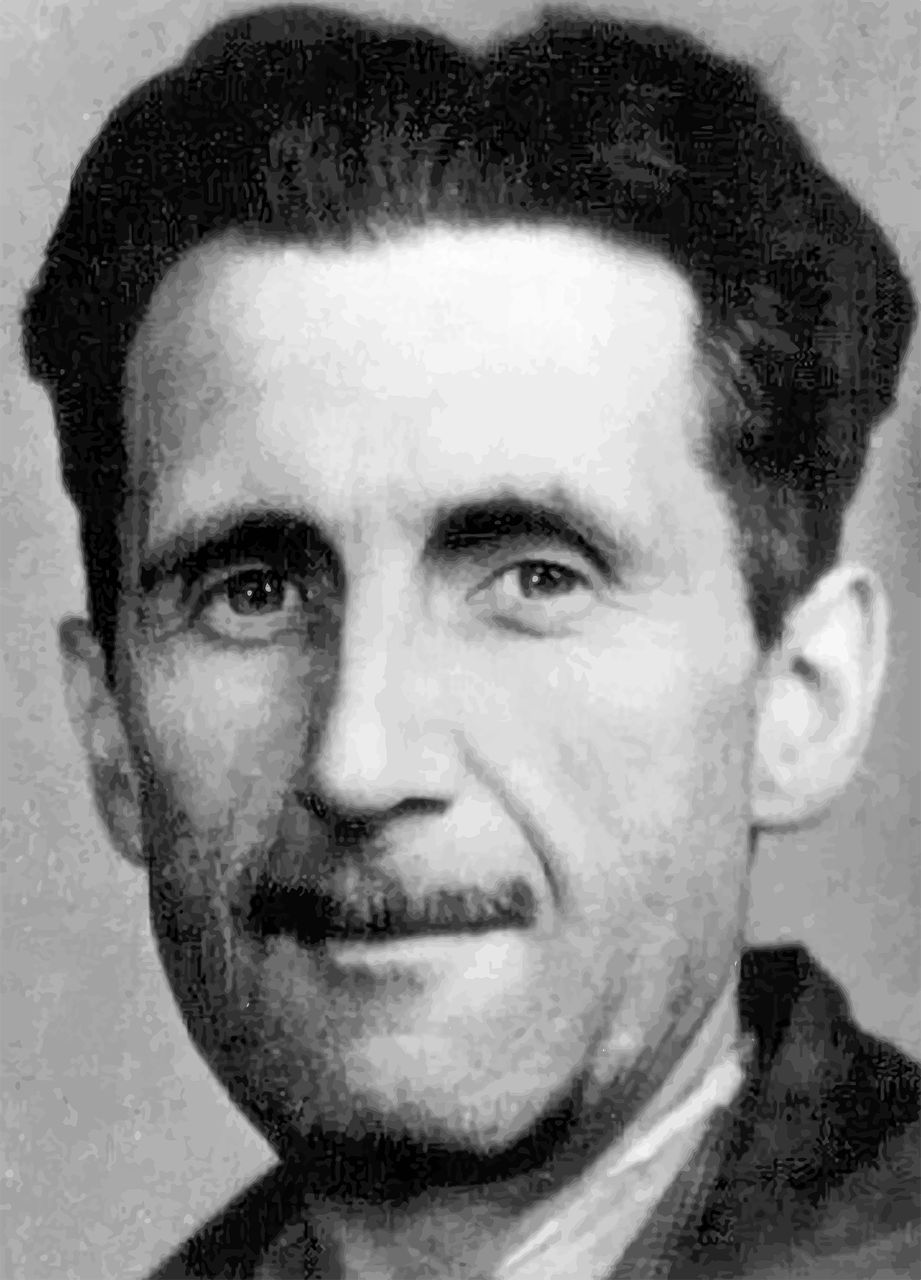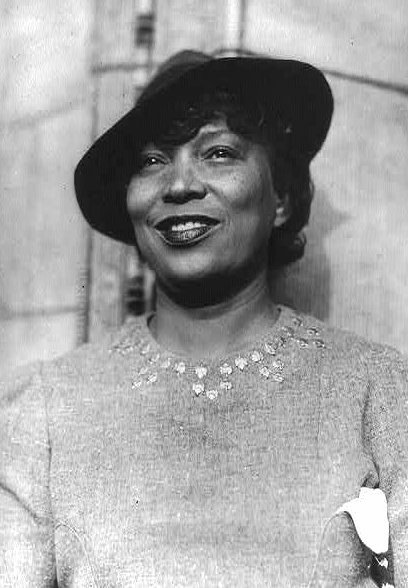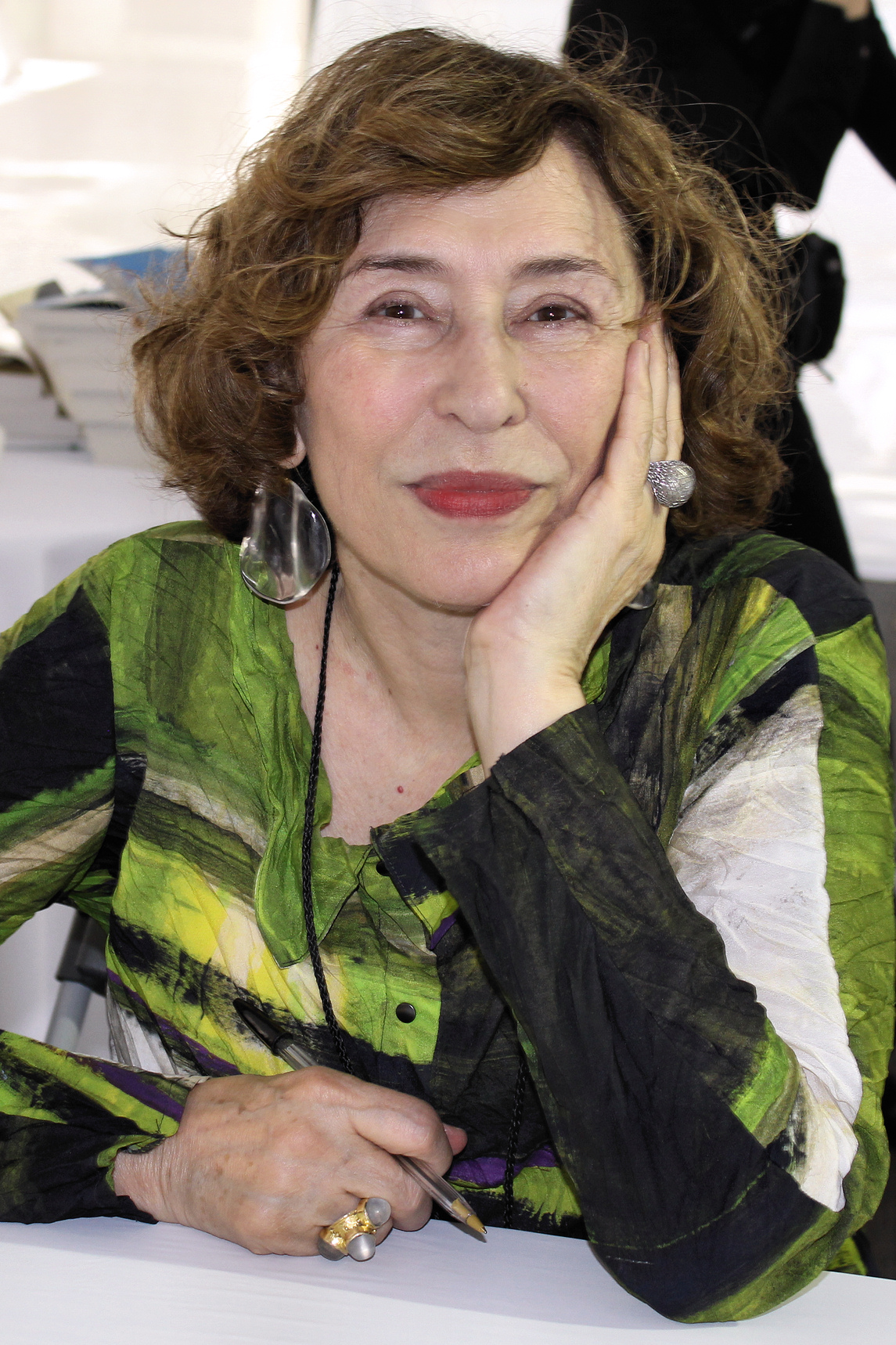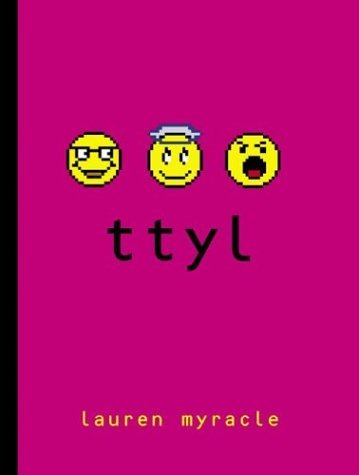If you research challenged or banned books, Robert P. Doyle’s name is certain to pop up in your search. Doyle is the executive director of the Illinois Library Association and an authority on First Amendment rights and censorship. For 36 years, he has edited Banned Books: Challenging our Freedom to Read, an informative publication about banned books and ways people can come together in support of the First Amendment.
Reading through Robert P. Doyle’s excellent article about books challenged or banned in 2016, I had to ask myself, “What’s up in Lemont, Illinois and Chesterfield County, Virginia?”
Doyle includes several challenges from these areas in his article while acknowledging 82-97% of challenges remain unreported (according to the Office for Intellectual Freedom).*
Reports compiled yearly by the Journal of Intellectual Freedom and Privacy are limited to challenged or banned books and do not include challenges to other published materials such as magazines, newspapers, electronic publications, exhibits or broadcasts, plays, performances, or films (including documentaries).
When we hear the term, Banned Books, several titles spring to mind, The Catcher in the Rye, 1984, Lolita, Lady Chatterley’s Lover…but did you know The Bible and Green Eggs and Ham are also frequent visitors to the list?
We’ll be discussing some of the top banned books and why they make the list year after year in other articles, but this article will focus on 2016, an interesting year in the Journal of Intellectual Freedom and Privacy.
Many, but not all books posing a public danger are seized by the government with little publicity or fanfare – these are books advocating violence toward a group of people, how to books for weapons or neurotoxins, child pornography or books glorifying violent rape.
Books that do make it into circulation may be challenged or banned at any time or their content may be protected under the First Amendment.
Who makes these challenges? Are there specific grounds that must be established before a book can be challenged or banned? Who decides the merits of the cases and the outcome?
Why should we be concerned?
Parents, government bodies, school officials or school board members, politicians, religious leaders, church groups, citizens’ action committees, educators, and civil rights organizations often challenge books that appear in bookstores, schools or public libraries.
These challenges are made most often to school boards, public libraries, local and state governments, and sometimes directly to retailers.
When you go through any list of banned or challenged books, one of the first things you should note is that many of these books are critically acclaimed. Often they have received multiple nominations for literary awards and have won multiple awards.
According to the American Library Association, more than 70% of the challenged books on the 2016 list have diverse content.*
The more challenges I read, the less convinced I become that challengers must present credible and compelling evidence beyond an emotional reaction to the material to support their claim(s).
The decisions about whether to retain books are made by school boards, courts, and committees, but they can also be made by corporations like Walmart or Amazon if boycotts or picketing interfere with sales or normal business operations.
I’ve listed some of the books from Doyle’s article and attempted to expand on why certain books were challenged and any common threads these books share.
I recommend you check out “Books Challenged or Banned in 2016” by Robert P. Doyle in its entirety at https://www.ila.org/initiatives/banned-books-week/books-challenged-or-banned-in-2016-by-ro.
What’s going on in Lemont, Illinois?
In 2016, these books were challenged by one or more persons in Lemont, Illinois for the following reasons:
I Know Why the Caged Bird Sings by Maya Angelou was challenged by parents in Lemont, Illinois who felt it was improper for the curriculum of a Sophomore Academic English class despite its popularity and critical praise which includes a 1970 nomination for a National Book Award.
Thirteen Reasons Why by Jay Asher – part of the curriculum for a Sophomore Academic English class challenged because one parent felt the book was pornographic.
2008 YALSA Best Books for Young Adults
2009 International Reading Association Young Adults’ Choice List
Adapted by Netflix into a 13-episode series in 2017
Go Tell it on the Mountain by James Baldwin – One parent complained the book was “pornographic.”
In 1998, the Modern Library ranked Go Tell it on the Mountain 39th on its list of the 100 best English-language novels of the 20th century.
Time Magazine included the novel in its list of best English-language Novels from 1923 to 2005.
After the First Death by Robert Cormier - One parent complained the book was “pornographic.”
Included on the 1979 YALSA Best Books for Young Adults list.
A Separate Peace by John Knowles – One parent complained it was “pornographic.”
Winner of the inaugural William Faulkner Foundation Award for Notable First Novel (1961)
Finalist for the 1961 National Book Award for Fiction.
All the Bright Places by Jennifer Niven - One parent complained it was “pornographic.”
Winner of the 2015 Goodreads Choice Award for Young Adult fiction.
The God of Small Things by Roy Arundhati - Challenged and removed from the sophomore-level Academic English II classes for “content and subject matter inappropriate for students” according to the school’s principal.
Winner of the Booker Prize in 1997
The Lovely Bones by Alice Sebold- Challenged and under review because a parent considers it “pornographic.”
The 2009 film version received Golden Globe, Screen Actors Guild, British Academy Film Awards (BAFTA), and Academy Award nominations.
Who’s calling the shots in Chesterfield County, Virginia?
Tyrell by Coe Booth, a novel about an African-American teen living in a homeless shelter. It is on the Chesterfield County Public Schools (CCPS) summer reading list for middle school and high school, and was challenged in Chesterfield County, Virginia by a parent(s). Republican State Senator Amanda Chase (11th district in Virginia), who assumed office in January 2016, called the book and other books on the CCPS summer reading list “pornographic” and “trash.” She also called for the dismissal of librarians who continued to recommend books inconsistent with the core values of the CCPS (after they received a warning) and the removal of these books from library shelves. The debate prompted the Virginia General Assembly to pass a bill (HB516) requiring parental notification of any “sexually explicit” books/reading materials. It was vetoed by the governor, Terry McAuliffe (He also vetoed a similar bill, HB 2191, introduced in 2017). After review, the Virginia Board of Education, voted to deny similar regulations because the term “sexually explicit” had never been properly defined. Their ruling left the determination a matter of local policy, not to be determined by a state board.
Other challenged books which attracted the attention of Senator Chase include:
Dope Sick by Walter Dean Myers -challenged by parents who called it divisive, “a very disparaging book that does not help eliminate racism. It separates and divides. It’s trash.”*
Chase referred to the book as “pornographic” and “trash” calling for its removal and threatening punishment to librarians who did not comply.
Walter Dean Myers has won the Coretta Scott King Book Award for African-American authors five times.
Eleanor and Park by Rainbow Rowell – Set in Nebraska, Eleanor and Park is a love story between two misfit teenagers.
Called “pornographic” and filled with “vile, vile, nasty language” by parents.
Chase referred to the book as “pornographic” and “trash” calling for its removal and threatening punishment to librarians who did not comply.
Named a 2014 American Library Association Michael L. Printz Award honor book
Young Adult Library Services Association Top Ten Best Fiction for Young
Elsewhere in Virginia…
To Kill a Mockingbird by Harper Lee – because of the book’s racial slurs, profanity, and frank discussion of rape its appropriateness in libraries and classrooms across the United States has been challenged since the mid–1970s.
After a parent complained about racial slurs in the book, it was removed from Accomack County, Virginia Public Schools and later reinstated by the school board.
Winner of the 1961 Pulitzer Prize for Fiction
The Adventures of Huckleberry Finn by Mark Twain – Temporarily removed from Accomack County, Virginia Public Schools after a parent objected to racial slurs in the book. Reinstated by the school board.
Author Toni Morrison - this photo is in the public domain
Beloved by Toni Morrison - Inspired by the story of Margaret Garner, an African-American slave, who escaped slavery in Kentucky by fleeing to Ohio. Challenged on the Fairfax County, Virginia senior English reading list by a parent because of sexual violence including a gang rape considered too graphic for teenagers.
Winner of the Pulitzer Prize for Fiction in 1988
Finalist for the 1987 National Book Award
A New York Times survey of writers and literary critics ranked it the best work of American fiction from 1981 to 2006.
Every challenge seems bigger in Texas…
Iqbal by Francesco D’Adamo is based on the true story of Iqbal Masih, a twelve-year-old Pakistani child who escapes from bonded labor in a carpet factory and later helps others escape.
This book was challenged by six parents who felt its subject matter was not age appropriate. They felt the concepts being taught should be taught/discussed in the home. It was retained in Argyle, Texas Independent School District sixth-grade lesson plans.
Winner of the 2001 Prize Cento award and 2004 Christopher Award.
Trash by Andy Mulligan - set in the garbage dump of a large unnamed Third World city - young Raphael becomes mixed up in police corruption.
This book was challenged by six parents who felt its subject matter was not age appropriate. They felt the concepts being taught should be taught/discussed in the home. It was retained in Argyle, Texas Independent School District sixth-grade lesson plans.
Shortlisted for the 2012 Carnegie Medal
Wolf Boys: Two American Teenagers and Mexico’s Most Dangerous Drug Cartel by Dan Slater is the story of two American boys and a Mexican drug cartel.
Banned in the Texas prison system by the Texas Department of Criminal Justice. One of 15,000 books banned within the state’s prison system —a list that includes books by politicians and celebrities such as Bob Dole’s World War II: An Illustrated History of Crisis and Convergence and Jon Stewart’s America, as well as literary classics such as The Narrative of Sojourner Truth, Flannery O’Conner’s Everything That Rises Must Converge, Alice Walker’s The Color Purple, Dante’s Inferno, and even a collection of Shakespeare’s sonnets. Federal prisons have even banned former President Obama’s books.
Trouble in the Midwest...
Morris Micklewhite and the Tangerine Dress – This children’s book is about a boy who likes to wear dresses to school. Its message encourages acceptance and discourages bullying. Challenged, but retained at the Forest Hills Public School District in Ada Township, Michigan despite a parent’s concern that the book intends to promote a certain lifestyle.
Winner of the Stonewall Honor Book in Children’s and Young Adult Literature
Selected for the American Library Association’s Rainbow List
Finalist for the TD Canadian Children’s Literature Award
Finalist for the Marilyn Baillie Picture Book Award
Finalist for the Blue Spruce Award
A Kirkus Reviews Best Book of the Year
Kirkus Reviews selection for Best Picture Book Celebrating Diversity.
The Bluest Eye by Toni Morrison – Challenged by a parent who objected to the novel’s depiction of oppression, poverty and a sexual assault. Retained as part of Northville, Mich., High School’s Advanced Placement (AP) English course. The school board voted to allow AP students and parents to choose between three works covering themes such as oppression and poverty.
Ain’t no sunshine for these books…
The Perks of being a Wallflower by Stephen Chbosky was removed from a middle school in Pasco, Florida after a substitute teacher assigned the novel to seventh-graders in an advanced language arts class. A group of parents and school board members deemed it “disgusting” for its explicit sexual references. The novel was also unsuccessfully challenged in a Dubuque, Iowa school. While some parents objected to sex scenes in the book and drinking and drug use by teens, most parents at the school board hearing in Iowa defended the book and praised Chbosky. As a compromise, The Perks of being a Wallflower stays and the school will offer an alternative novel if AP students or their parents request it.
TTYL by Lauren Myracle - Challenged at the Yulee Middle School in Nassau County, Florida by two parents who complained the book encourages kids to rebel against parents by telling them it’s OK to party, drink, cuss and do other obscene things.
The Land by Mildred G. Taylor is based on the author’s family history and addresses the ugliness of racism and discrimination complete with racial slurs. The author includes an author’s note at the beginning of the book to address her use of such language. Challenged and retained in a Marion County, Florida high school English class after a group of parents objected to Taylor’s use of racial slurs even though they were used in historical context. A spokesman for the school district explained their decision to retain the book citing the historical significance of Taylor’s work.
Winner of the 2002 Coretta Scott King Award
Winner of the 2002 Scott O’Dell Award for Historical Fiction
Named a 2002 YALSA Best Book for Young Adults
Where is the love for John Green?
Two books by John Green made the 2016 challenged book list, Looking for Alaska and Paper Towns.
Looking for Alaska by John Green was challenged by a parent in Marion County, Kentucky. After a teacher sent permission slips home with students in her senior English class, giving parents the option to keep their child from reading the book, one parent accepted the offer for her child and took steps to insure other children would not be able to participate by filing a challenge against Green’s novel. Educators, librarians, students, and even the author successfully rallied to keep the book in the high school curriculum.
Paper Towns, awarded the 2009 Edgar Award for Best Young Adult Novel, was challenged, but retained in Cumberland County, Tennessee school libraries.
Meanwhile back in Pennsylvania…
The Glass Castle by Jeannette Walls - challenged by a school district in Imperial, Pennsylvania and defended by a 15 year old student with a petition supporting the book signed by 200 students at a school board meeting.
Oh Canada…
A Heartbreaking work of Staggering Genius by Dave Eggers - this is a memoir about the author and his struggle to care for his younger brother, Christopher “Toph” Eggers after the cancer related deaths of their parents. Library patrons of the Toronto Public Library in Ontario, Canada challenged the book based on criticism’s of the author’s use of profanity, poor sentence structure and poor grammar. It was retained in the adult nonfiction collection.
Listed on the New York Times 10 Best Books of the Year
Finalist for the Pulitzer Prize for General Non-Fiction in 2000
Chosen as the twelfth best book of the decade by The Times.
Atonement by Ian McEwan – Challenged at the Toronto Public Library in Ontario, Canada by a library patron for poor grammar and sentence structure. Atonement is regarded as one of McEwan’s best works. Shortlisted for the 2001 Booker Prize for fiction.
In 2010, Time Magazine included the novel in its list of the 100 greatest English-language novels since 1923.
The Troublemakers by Gilbert Hernandez – challenged by a library patron at the Toronto Public Library in Ontario, Canada for sexual language and depictions of violence and prostitution. They wanted to require the library to institute a labeling system for graphic books to keep them away from children and victims of violence. Retained in the adult graphic book collection.
Cyanide and Happiness: Punching Zoo by Kris Wilson, Rob Den Bleyker, Matt Melvin, and Dave McElfatrick - Challenged by a Library patron who complained about vulgar language, humor related to pornography, racism, and sex in the book. Retained at the Toronto Public Library in Ontario, Canada, but transferred to the adult graphic book collection.
Robert Mapplethorpe: the Photographs by Paul Martineau and Britt Salvesen is a comprehensive retrospective of Robert Mapplethorpe’s photographs, offering an overview of his work, specifically New York in the 1970s and ’80s, portraits, flowers, and naked men’s bodies. Challenged, but retained at the Westmount Public Library in Quebec, Canada, following a complaint submitted by a library patron.
Challenges from around the world…
Snow White and the Seven Dwarfs by Kathryn Harper – this is a children’s book based on the Disney movie. It was removed from a Qatar school library after the father of a pupil at the Spanish SEK International School in Doha complained about the illustrations. Officials from Qatar’s Supreme Education Council ruled the illustrations were “indecent” without further explanation.
The Raped Little Runaway by Jean Martin - Banned in Ireland for 12 years because of obscenity, specifically multiple descriptions of child rape. This is the maximum period allowed for banning text under Ireland’s Censorship of Publications Act.
Merriam-Webster’s Collegiate Dictionary - Censored not challenged or banned - two entire pages were removed from every copy of the dictionary at the state-run Foreign Language Bookstore in Shanghai, China to cover up the entry for Taiwan because it contradicts China’s official line on the disputed island.
One Part Woman by Perumal Murugan - Right-wing nationalists from the author’s native state of Tamil Nadu in India were offended at the historical novel’s depiction of a fertility ceremony formerly practiced in the village of Tiruchengode. Public protests included a book burning in 2015. India’s Madras High Court refused to ban the novel. In its decision, the court offered a solution for the protestors, “If you do not like a book, simply close it. The answer is not its ban.”*
*quotes were taken from Robert B. Doyle’s article, Books Challenged or Banned in 2016” https://www.ila.org/initiatives/banned-books-week/books-challenged-or-banned-in-2016-by-ro.
Photo Credits:
Catcher in the Rye cover art - qualifies as fair use under the Copyright law of the United States.
All photos in photo collage 1 are in the public domain except:
Photo of Azar Nafisi: Larry D. Moore [CC BY-SA 4.0 (http://creativecommons.org/licenses/by-sa/4.0)], via Wikimedia Commons
All photos in photo collage 3 are in the public domain except:
ttyl book cover - https://en.wikipedia.org/wiki/File:Ttyl.jpg#/media/File:Ttyl.jpg








